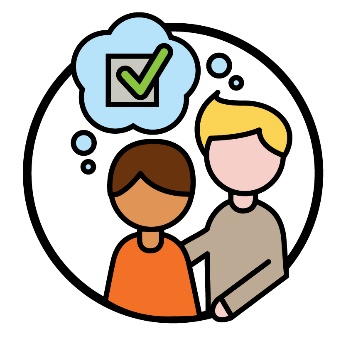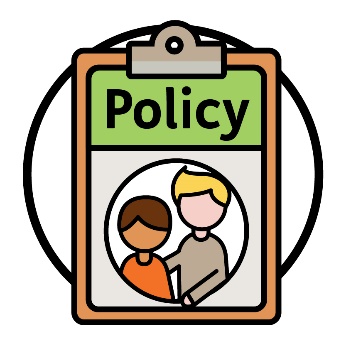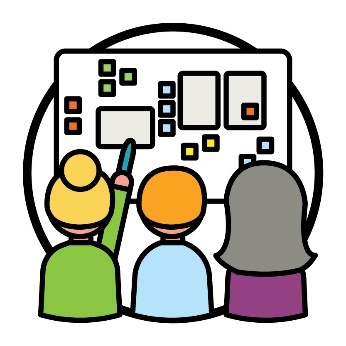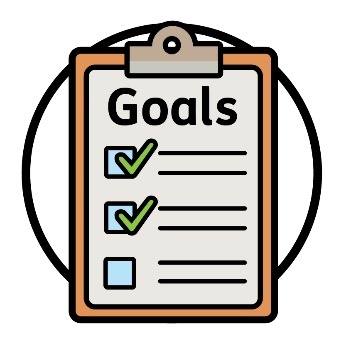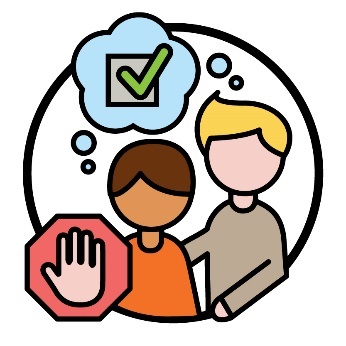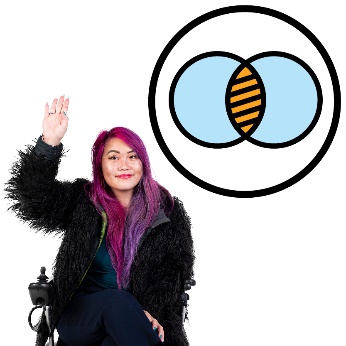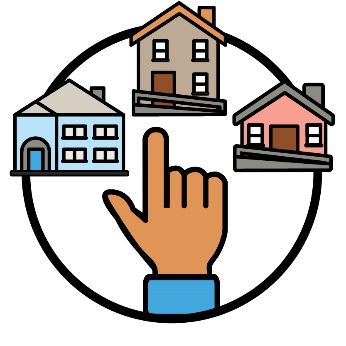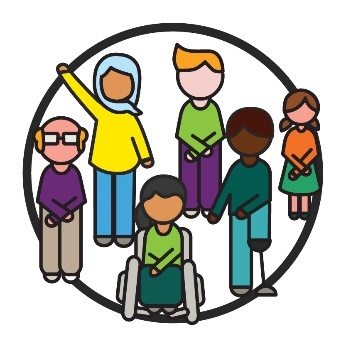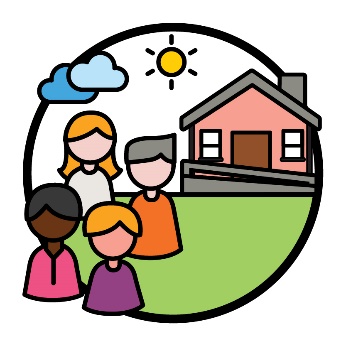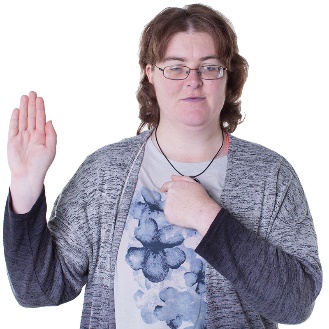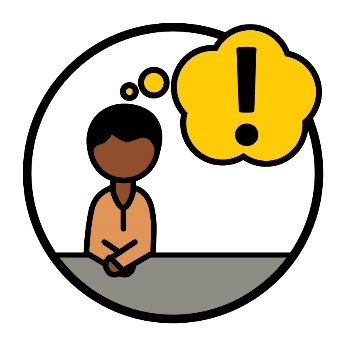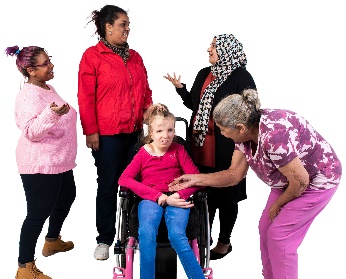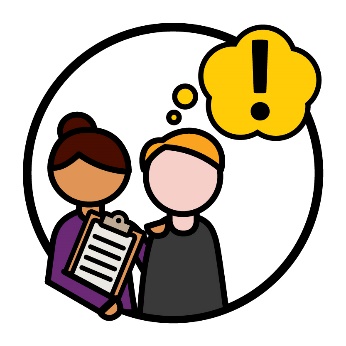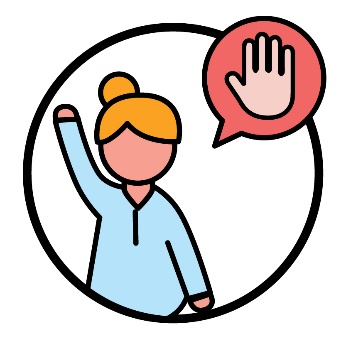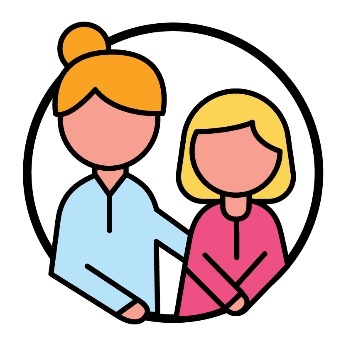Supported decision-making policy
|
|
Supported decision-making is when someone helps you make important decisions about your life and how you will live. |
|
|
The NDIA updated the Reference Group about its work on their supported decision-making policy. The NDIA will start to use the policy this year. |
|
|
Reference Group members agreed that the policy is good because it was made with co-design. Co-design is when people work together to plan something new. |
|
|
Members explained that the NDIA should share information about its:
and
|
|
|
Members explained that the NDIA needs to look at what stops people from taking part in supported decision-making. |
|
|
Members shared that the policy should focus on intersectionality. And should let people make decisions about the risks they want to take. |
|
|
Members shared that further work should support people with disability to have more choice and control in their community. |
|
|
And this work should include co-design with people from different backgrounds. |
|
|
Members shared that there should be a focus on supporting people who live in group settings. |
|
|
This includes support in building the skills they need to:
|
|
|
Members explained that when a decision is made for someone, that person should understand how that decision affects their:
|
|
|
Members shared it’s important that people with disability have different support groups they can share different issues with. |
|
|
Members also shared that they wanted to know if the NDIS supports participants who face issues when making their own decisions. |
|
|
For example, when guardians stop participants from making their own decisions. |
|
|
A guardian is a person who acts and makes decisions for you. Your guardian might be:
|
